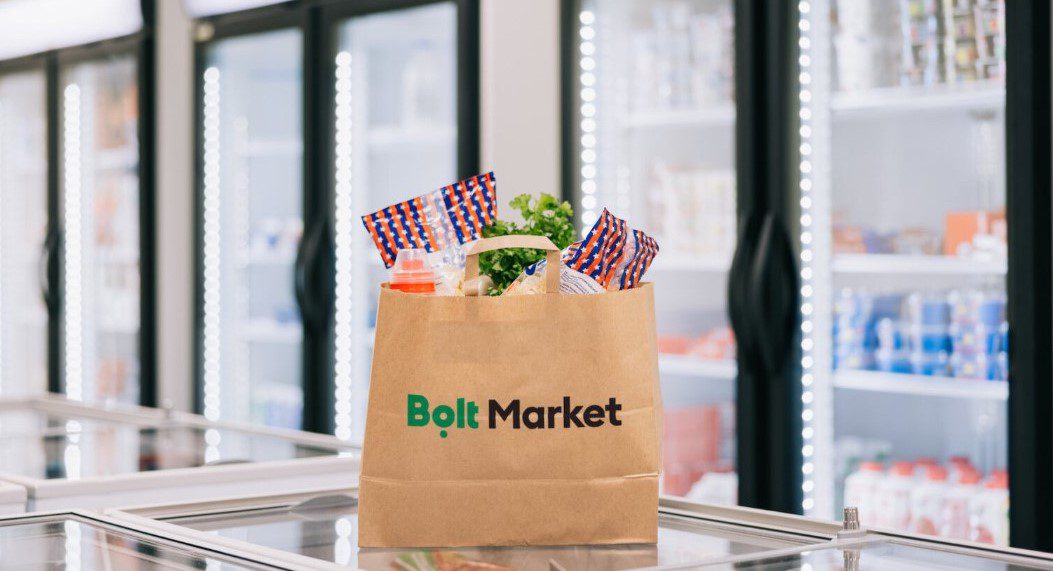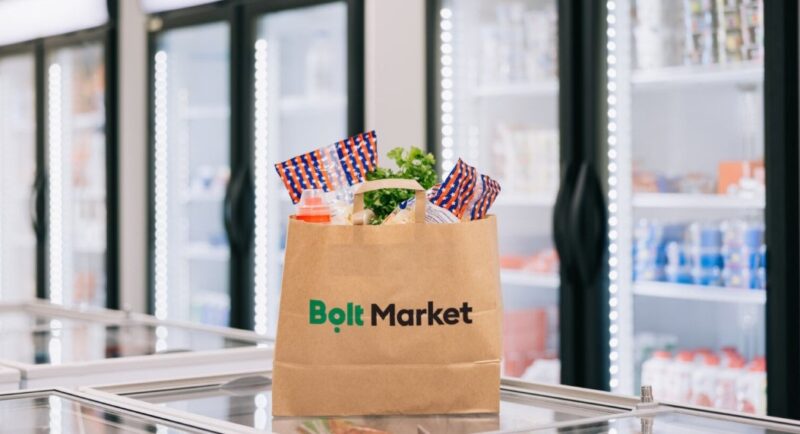Bolt Market, the food and grocery delivery arm of the e-mobility company Bolt, has reported a 300% increase in orders since its launch in Kenya in December 2024. The company attributed the development to the increasing adoption of doorstep delivery in the East African country.
The company’s food delivery service has been instrumental in addressing the growing demand for online food and grocery delivery in Kenya. And for Bolt, banking on this with a delivery service that can be completed in under 20 minutes has yielded positive results.
Recording threefold growth in Kenya since its launch reflects Bolt Market’s commitment to delivering and meeting the needs of Kenyans. General Manager of Bolt Food in Kenya, Edgar Kitur, said that the reception the product has received during the last eight months has exceeded their expectations.
“Kenyans want affordability without sacrificing convenience, and Bolt Market delivers exactly that. The rapid growth since launch confirms we are solving a real need,” he said.

While food and groceries delivery has become a dire need in Kenya, the popularity goes far back to the pandemic period. The growth also reckoned with the increasing demand for online deliveries considering its convenience, efficiency and ability to proffer an increasing customer experience.
Kenya is currently witnessing the emergence of a thriving online food and grocery delivery market. According to a 2024 survey by Kenya’s competition authority (CAK), it noted that as of 2023, 9.3% of Kenyans are shopping for food and groceries online, a figure that must have witnessed an uptick in 2024 and 2025.
In the same light, the agency projected that the figure is expected to rise to 16.7% by 2027. This further placed the total number of Kenyans expected to depend on online grocery delivery services at 10.5 million users.
Also Read: Bolt Market grocery delivery service debuts in Africa with Kenya launch.


Bolt Market will be looking to further improve on this trend, leveraging over 3,500 items sourced from both large retail partners and local merchants. For the e-mobility company, this model allows users to access both mainstream brands and locally produced goods on the same platform.
In addition, Bolt Market is using its courier services to support the increasing demand for grocery deliveries. With its experience in the mobility and food delivery services, the company will look to sector competitors, such as Glovo and HappyFresh, with efficient logistics offerings.
What next for Bolt Market in Kenya and Africa?
Kenya’s increasing demand for food and groceries provides Bolt with the foundational base to launch the product. When it launched in the East-African country in December 2024, the company said it was tapping into the Kenyan market to offer customers a convenient way to access essentials.
That decision has now translated into a milestone attained by its quest to meet the sharp rise in Kenya’s demand for food deliveries. Bolt Market offers convenience and simplicity, as customers can make grocery delivery orders from 8:00 am to 11:00 pm. They can also schedule their essentials and grocery delivery 24 hours in advance.
Bolt Market was launched in the Kilimani suburb of Nairobi and Mombasa, Kenya, with plans to expand its coverage to other areas and neighbourhoods before the end of 2025. Although covering the length and breadth of Nairobi was primarily the company’s focus, it noted that the rising demand for online retail warrants the need for expansion.
To strengthen its retail and store services, Bolt is looking to increase the number of supermarket chains and secure partnerships with stores located in residential areas.


With Kenya as its first African market, Bolt Market will be looking to expand into other African markets. Although it currently offers a related service in Ghana with Bolt Food. Bolt shut down operations in Nigeria and South Africa in December 2023 to streamline resources and enhance efficiency.








